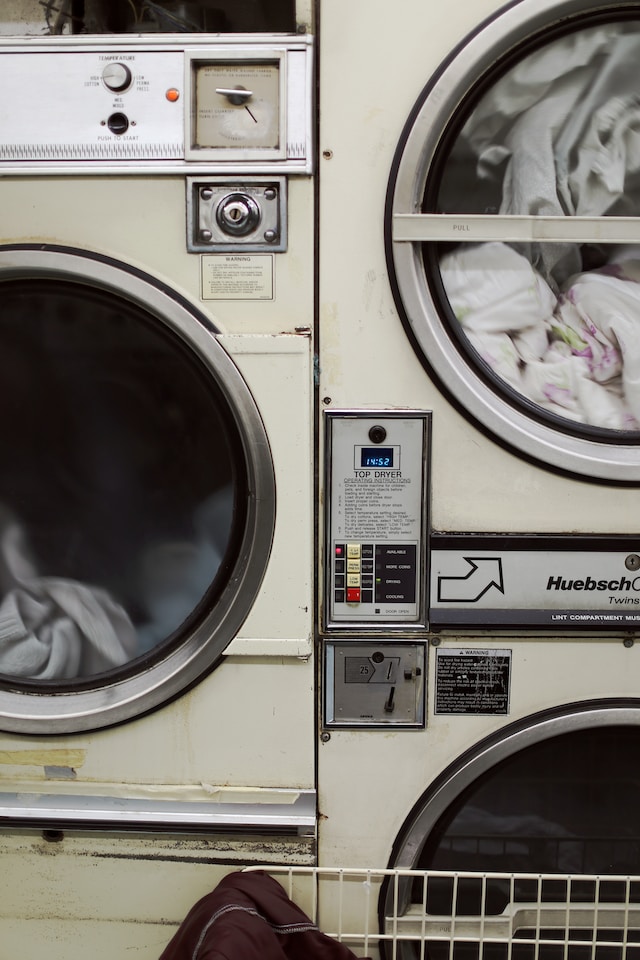Best Washing Machine Energy Saving Tips for Your Home
You’re looking to lower your energy bill, aren’t you? And you’re aware that your washing machine can be a major contributor to high costs. Don’t worry, we’ve got you covered!
In this piece, you’ll discover the best energy-saving tips to make your washing machine more efficient. You’ll learn about load sizes, water temps, detergent choice, and maintenance tips.
Get ready to see a real difference in your energy bills!
Understanding Your Washing Machine’s Energy Usage
You’ll need to grasp how your washing machine uses energy to effectively implement energy-saving strategies. Start by understanding energy ratings. These ratings indicate the machine’s energy efficiency on a scale from A+++ (most efficient) to D (least efficient). Machines with higher ratings use less energy, saving you money and reducing your carbon footprint.

Next, familiarize yourself with the Eco programs on your machine. These programs are designed to clean your clothes using less energy and water. They might take a bit longer, but they’re worth it for the energy you’ll save.
By getting a handle on these elements, you’re taking a major step toward energy-efficient laundry.
Now, you’re ready to put your knowledge into action.
Optimal Load Sizes for Efficiency
To cut down on energy use, it’s crucial that you figure out the optimal load size for your washing machine. Don’t get tempted to run a half-full load just because you’re in a hurry. Your machine uses almost as much energy for small loads as it does for full ones. So, your load timing is key. Try to wait until you have a full load before starting your machine.
Additionally, your machine’s spin speed affects its efficiency. Higher spin speeds remove more water, reducing the time your clothes need in the dryer. However, this uses more energy. It’s a balancing act, so experiment with different spin speeds to find what works best for you.
Cold Water Washing Benefits
Switching to cold water for your washes is another effective way to conserve energy in your home. Not only does it reduce the energy needed to heat the water, but it also contributes significantly to energy bills reduction. Washing in cold water can cut a load’s energy use in half, or even more, which translates into considerable savings over time.
But there’s more to it than just saving energy. Cold water washing also has a positive impact on fabric longevity. It’s gentler on your clothes, helping to preserve their colors and prevent shrinkage. So, you’re not just saving money on energy bills, you’re also extending the life of your wardrobe.
Think about it, cold water washing is a simple change with multiple benefits.
Utilizing the Right Detergent
In your journey towards energy efficiency, choosing the right detergent for your laundry can also play a crucial role. Detergent concentration matters significantly. Highly concentrated detergents require less volume per load, meaning your machine won’t need as much energy to agitate and rinse out soap. This small change can make a big difference in your energy consumption.
Moreover, consider switching to eco-friendly brands. They’re often designed to work well in cold water, furthering your energy savings. These brands also prioritize biodegradable ingredients, which not only reduces the energy used in production but also lessens water pollution.
Maintenance Tips for Energy Efficiency
Following on from your choice of detergent, keeping your washing machine in top-notch condition is another effective way you can save energy at home. Regular drum cleaning is crucial. Residue from detergent or fabric softener can build up over time, forcing your machine to work harder and use more energy. Simply run an empty hot water cycle with a specialized cleaner every few months to maintain efficiency.
Moreover, don’t overlook filter replacement. A clogged filter restricts water flow, causing your machine to use extra energy. Check and clean your filter monthly, and replace it when necessary.

Frequently Asked Questions
What Are Some Additional Appliances That Can Be Used in Conjunction With Washing Machines to Save Energy?
You can pair your washing machine with energy-efficient dryers for major energy savings. Additionally, integrating solar energy systems in your home can power these appliances, reducing your reliance on the grid.
How Does the Age of My Washing Machine Affect Its Energy Efficiency?
Your machine’s age significantly impacts its energy efficiency. Older models lack modern energy-saving features. Regular machine maintenance helps, but consider optimal load size and upgrading to a newer model for maximum savings.
Are There Specific Brands or Models of Washing Machines That Are Known to Be More Energy-Efficient Than Others?
Yes, some brands do outperform others in energy efficiency. Look for models with high Energy Star ratings. Also, using eco-friendly detergents can increase a machine’s overall energy efficiency in your routine washes.
Can Installing a Water Softener System Aid in Energy Conservation of My Washing Machine?
Yes, installing a water softener can help. It improves water quality, reducing scale build-up in your machine. However, don’t forget softener maintenance. It’s crucial to ensure optimal performance and energy conservation.
What Impact Does the Frequency of Washing Machine Use Have on My Overall Home Energy Consumption?
Your washing machine’s frequency of use significantly impacts your home’s energy consumption. Managing your loads effectively and using optimal settings can reduce energy use. More washes equal more energy, so plan your laundry wisely.
Conclusion

So, you’ve got the scoop on making your washing machine more energy-efficient. Remember, don’t overload or underload it, use cold water when you can, pick the right detergent, and keep it in tip-top shape.
These simple adjustments can significantly reduce your energy usage and costs. It’s not just about saving money on your bills, it’s about doing your part for the planet too.
Start implementing these tips today!
